[rt_reading_time]
In a world that often emphasizes logic and structure, creativity stands as a beacon of personal liberation and growth. It’s the spark that ignites innovation, the force that drives artistic expression, and the pathway to profound self-discovery. But creativity is not just for artists or scientists; it’s a crucial element in our personal development journey. This article will explore the connection between creativity and personal growth, revealing how unlocking your creative potential can lead to a richer, more fulfilling life.
Unveiling the Power of Creativity
Creativity is not just about producing art or coming up with innovative ideas; it’s a way of thinking and approaching life that can lead to profound personal development. The surprising link between creativity and personal growth lies in how creative thinking challenges us to see the world differently, push our boundaries, and explore new possibilities.
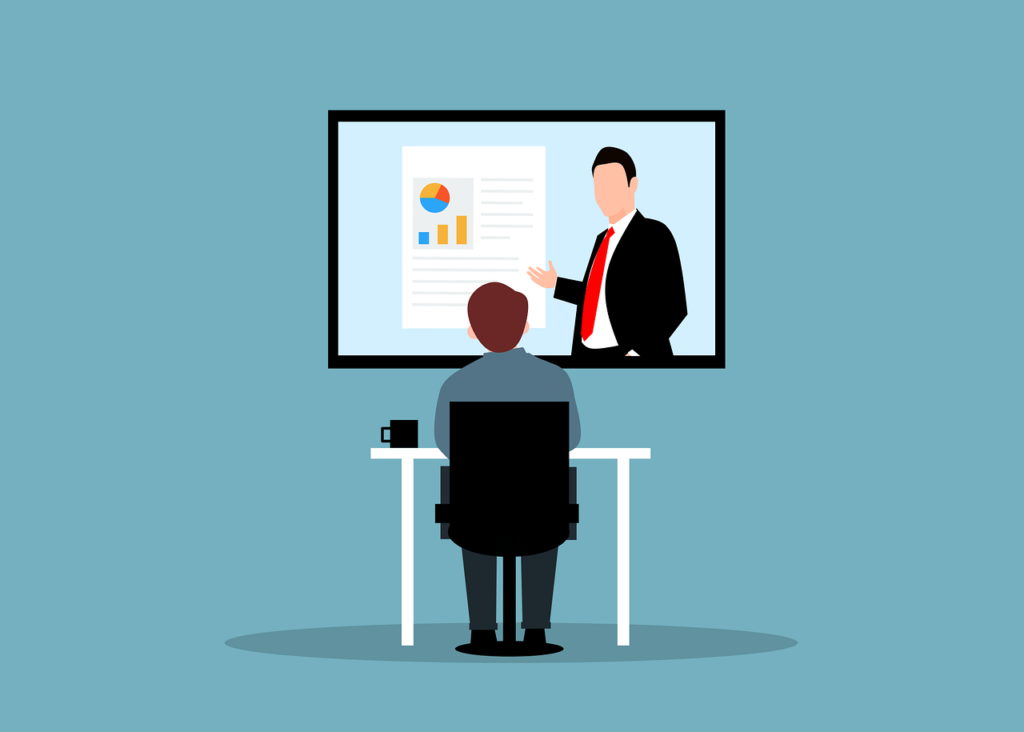
The surprising link between creativity and personal development
Creativity is often seen as the realm of artists, musicians, and writers, but it’s so much more than that. It’s a powerful force that can transform our lives, propel our personal growth, and unlock our full potential.
“Every child is an artist. The problem is how to remain an artist once we grow up.”
Pablo Picasso
This article will explore the fascinating connection between creativity and personal growth, offering insights, techniques, and inspiration to help you harness your creative power and embark on a journey of self-discovery and improvement.
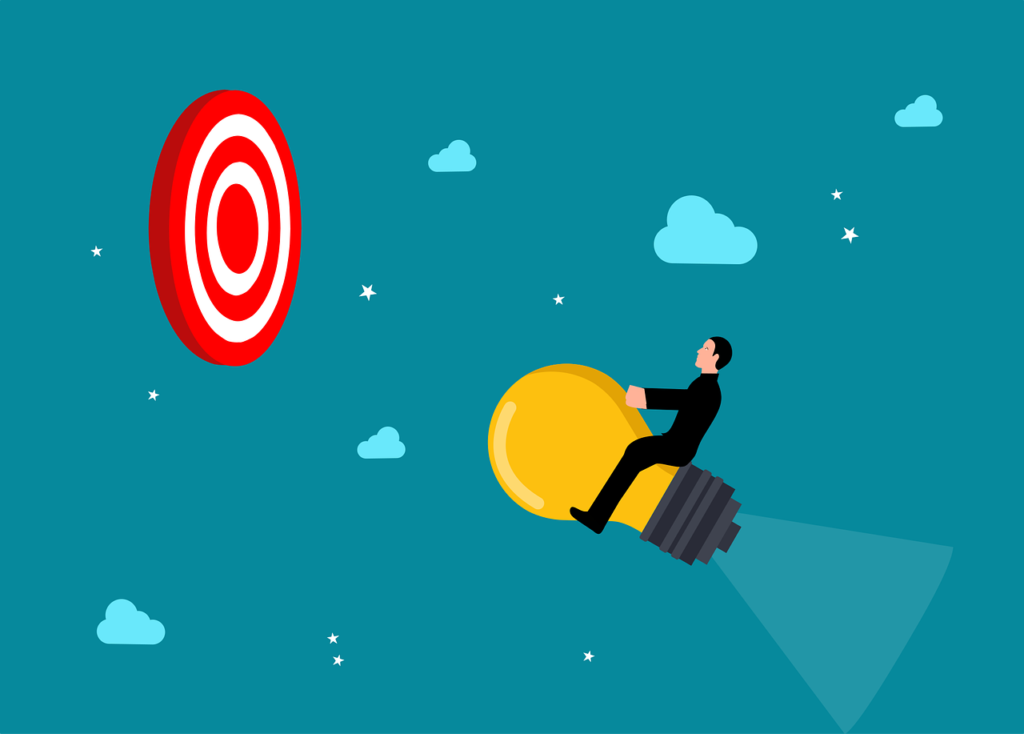
The impact of creativity on self-awareness
When we engage in creative activities, we often tap into parts of ourselves that we may not have been aware of before. This process of self-discovery can be transformative, leading to increased self-awareness and a deeper understanding of our thoughts, emotions, and motivations.
“You can’t use up creativity. The more you use, the more you have.”
Maya Angelou
Understanding Creativity
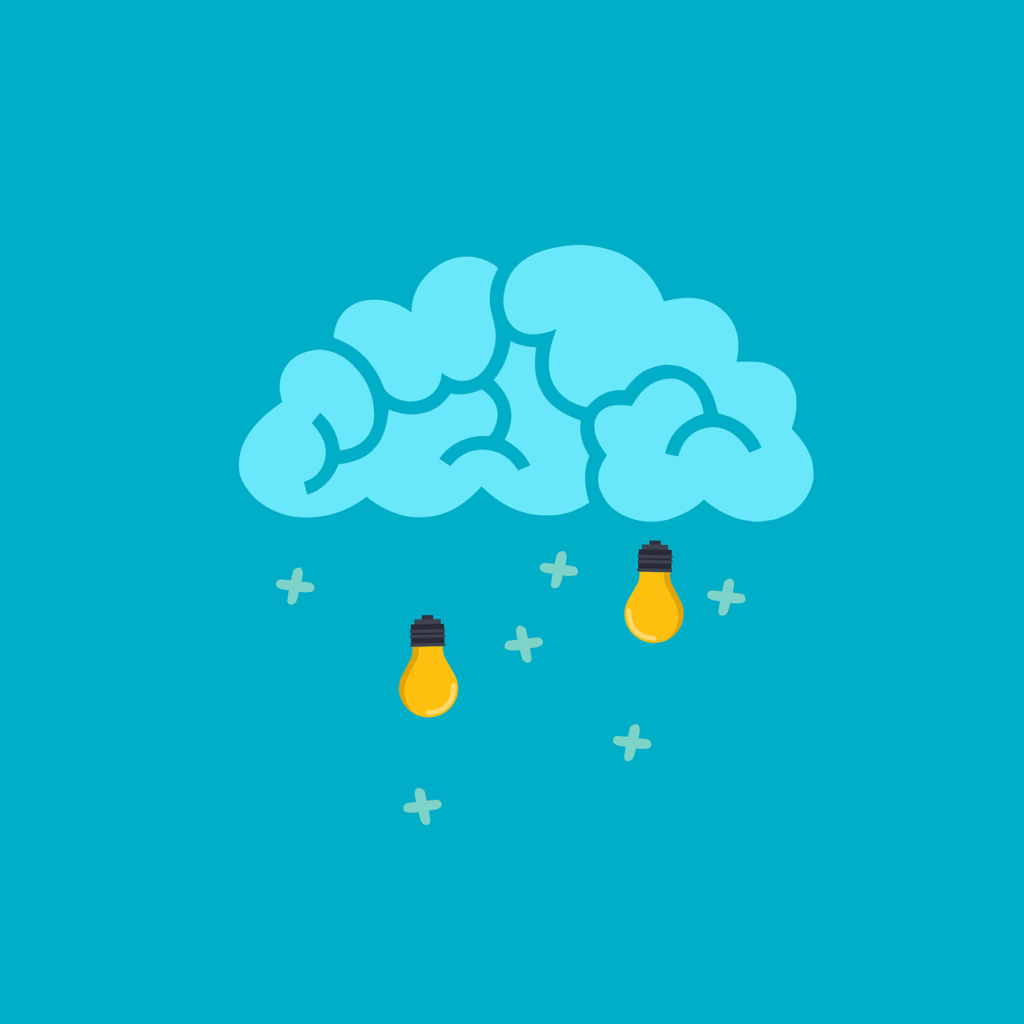
The Many Faces of Creativity
Creativity is not a one-size-fits-all concept. It manifests in various ways, from artistic expression to problem-solving in everyday life. Some people might express their creativity through painting or writing, while others might do so through innovative business strategies or unique approaches to parenting. The key is to recognize that creativity is a universal human trait that can be nurtured and developed in everyone.
Psychological Underpinnings of Creative Thinking
Creativity involves complex cognitive processes, including divergent thinking, which is the ability to generate many different ideas about a topic.
Psychologist Mihaly Csikszentmihalyi, renowned for his work on the concept of “flow“, suggests that creative individuals often experience this state of deep immersion and focus, where they are fully engaged in their creative activities.
Creative thinking involves several cognitive processes, including:
| Divergent thinking | The ability to generate multiple ideas or solutions |
| Convergent thinking | The process of evaluating and selecting the best ideas |
| Cognitive flexibility | The capacity to switch between different concepts and perspectives |
| Imagination | The power to form mental images and concepts not present to the senses |
Understanding these processes can help us cultivate our creative abilities more effectively.
Creativity Across Different Fields: Arts, Science, and Everyday Life
While creativity is often associated with the arts, it plays a crucial role in science and everyday life. In science, creativity drives innovation and discovery, while in everyday scenarios, it helps us navigate challenges and improve our quality of life.
“Imagination is more important than knowledge. For knowledge is limited, whereas imagination embraces the entire world.”
Albert Einstein
The benefits of developing creativity
Improving problem-solving skills
Engaging in creative activities enhances our ability to think outside the box and approach problems from different angles. This skill is invaluable in both personal and professional settings, allowing us to find innovative solutions to the challenges we face.
Increasing flexibility in thinking
Creativity encourages mental flexibility, enabling us to adapt to new situations more easily. This adaptability is crucial in our rapidly changing world, helping us navigate uncertainties and embrace new opportunities.
Strengthening self-confidence
As we explore our creative abilities and produce tangible results, whether it’s a painting, a written piece, or a novel solution to a problem, our self-confidence grows. This boost in confidence can have a ripple effect on other areas of our lives, empowering us to take on new challenges and pursue our goals with greater determination.
Reducing stress and improving well-being
Creativity offers a therapeutic outlet for stress. Activities such as painting, writing, or playing music can be incredibly soothing, helping to reduce anxiety and promote overall well-being.
“Art washes away from the soul the dust of everyday life.”
Pablo Picasso
The Creative Mind: A Catalyst for Change
How creative thinking reshapes our perspective
Creative thinking allows us to see the world differently. By challenging conventional viewpoints and exploring new ideas, we can transform our understanding of ourselves and our surroundings.
This shift in mindset can lead to personal breakthroughs and transformative changes in our lives. It allows us to reimagine our possibilities and break free from self-imposed limitations.
Breaking free from mental barriers through artistic expression
Artistic expression enables us to break free from mental barriers. Whether it’s through painting, writing, or music, expressing ourselves creatively helps us to confront and overcome internal obstacles, paving the way for personal development.
Engaging in artistic activities, even if we don’t consider ourselves “artists,” can help us overcome mental blocks and express emotions that might be difficult to articulate otherwise. This process of self-expression can be incredibly liberating and healing, fostering personal growth and emotional intelligence.
Ways to develop creativity
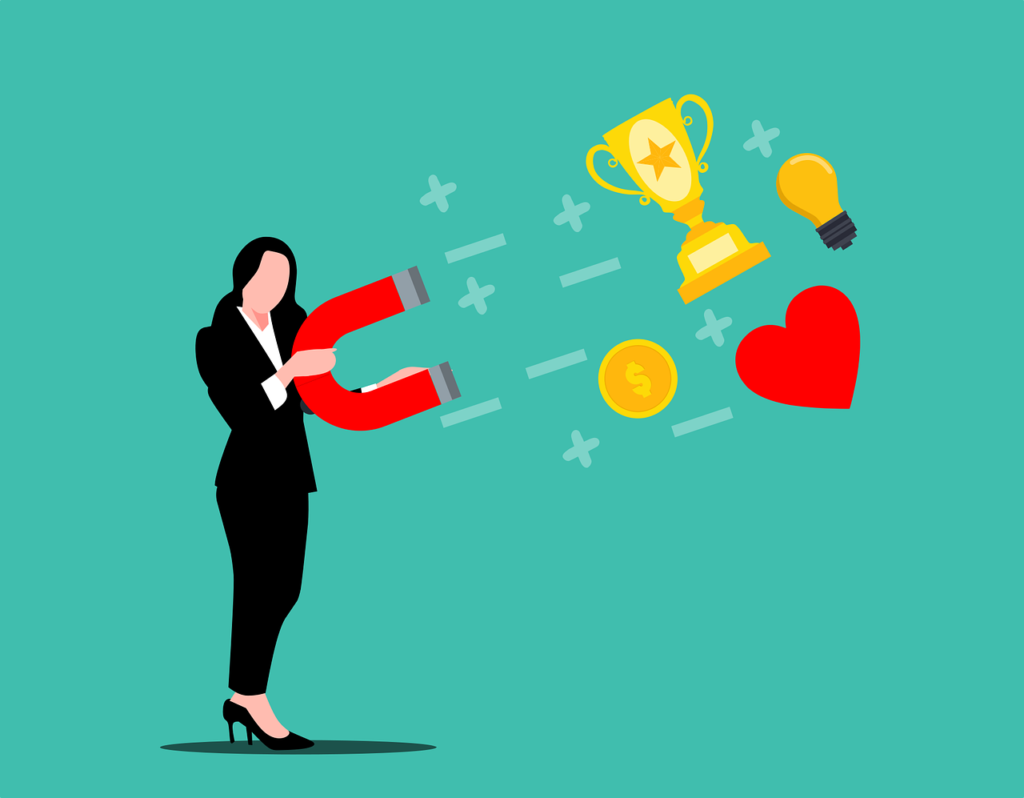
Practicing various art forms
Experimenting with different art forms can help unlock your creative potential.
Try your hand at:
| Painting or drawing |
| Writing poetry or short stories |
| Playing a musical instrument |
| Dancing or movement-based activities |
| Photography or digital art |
Remember, the goal is not to become a master artist but to enjoy the process of creation and self-expression.

Experimenting with new hobbies
Exploring new hobbies can stimulate your creativity and broaden your horizons.
Consider:
| Gardening |
| Cooking or baking |
| Woodworking |
| Knitting or crocheting |
| Learning a new language |
Each new skill you acquire opens up new pathways in your brain, fostering creativity and personal growth.
Taking up intellectual challenges
Engaging in mentally stimulating activities can enhance your creative thinking skills.
Try:
| Solving puzzles or brain teasers |
| Playing strategy games |
| Participating in debate clubs |
| Attending workshops or seminars on unfamiliar topics |
| Reading books outside your usual genre |
“I have no special talent. I am only passionately curious.”
Albert Einstein
Nurture your curiosity to fuel your creativity.
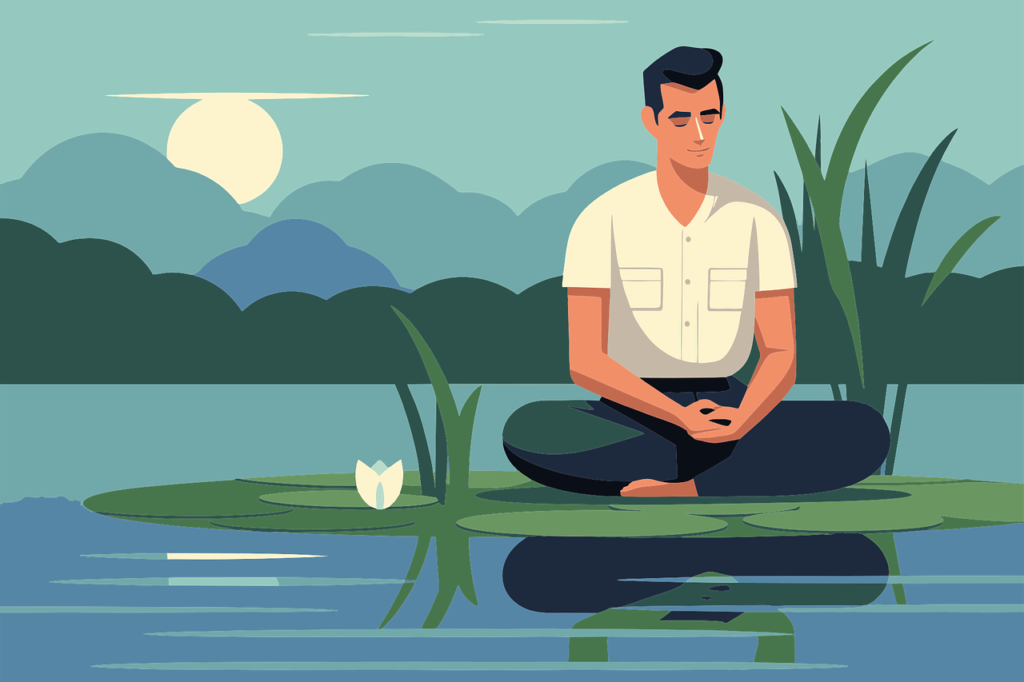
Mindfulness and meditation
Practicing mindfulness and meditation can clear your mind, reduce stress, and create space for creative thoughts to flourish.
Try:
| Daily mindfulness exercises |
| Guided meditation sessions |
| Yoga or tai chi |
| Nature walks with focused attention on your surroundings |
| Journaling to reflect on your thoughts and experiences |
How Creativity Fuels Personal Growth
Enhancing Problem-Solving and Innovation
Creativity drives innovation and problem-solving, essential components of personal growth. By constantly challenging ourselves to find new solutions, we develop resilience and adaptability.
By developing your creative skills, you’ll be better equipped to:
- Identify unique solutions to personal and professional challenges
- Adapt to changing circumstances with greater ease
- See opportunities where others might see obstacles
- Approach tasks and projects with fresh perspectives
Boosting Confidence and Resilience
Engaging in creative activities can significantly boost your confidence and resilience:
- Overcoming creative challenges builds self-esteem
- Sharing your creations with others helps you become more comfortable with vulnerability
- The process of creation teaches you to embrace imperfection and learn from mistakes
- Developing a creative skill reminds you of your capacity for growth and improvement
“If you hear a voice within you say ‘you cannot paint,’ then by all means paint, and that voice will be silenced.”
Vincent van Gogh
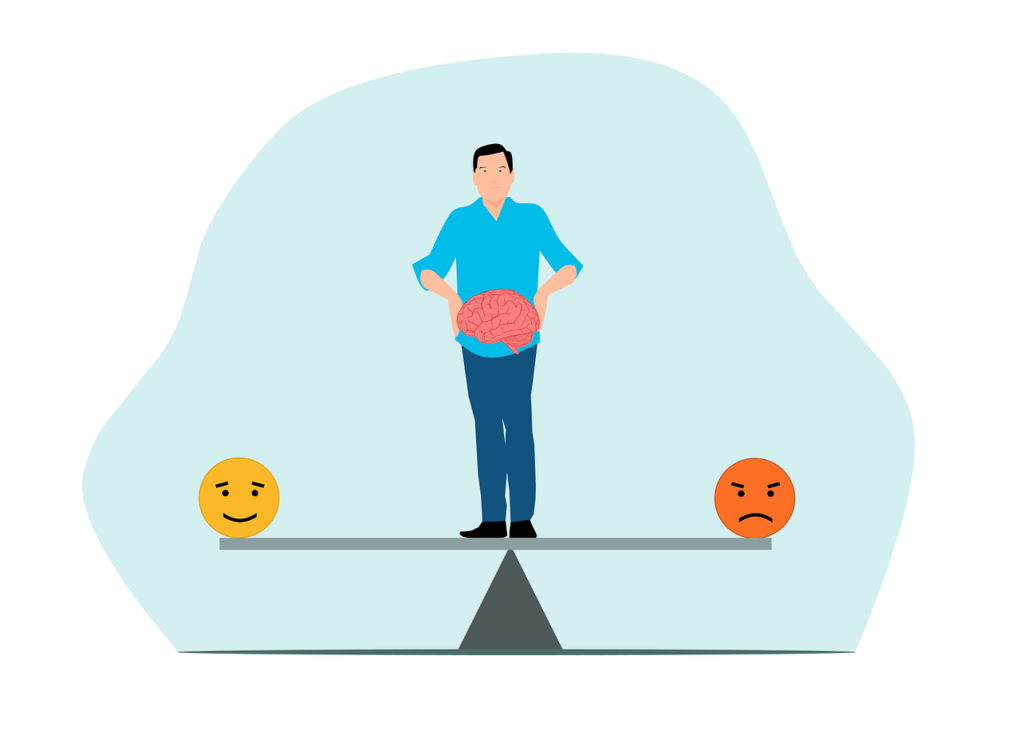
Building Connections and Empathy
Creativity can also enhance your ability to connect with others and develop empathy:
- Sharing creative experiences fosters deeper connections with like-minded individuals
- Exploring different art forms helps you appreciate diverse perspectives
- Creative storytelling allows you to step into others’ shoes, enhancing empathy
- Collaborative creative projects teach valuable lessons in teamwork and communication
Conclusion
Summary of Key Points
Creativity is a powerful catalyst for personal growth. It enhances self-awareness, improves problem-solving skills, increases flexibility of thinking, and boosts self-confidence. Engaging in creative activities can reduce stress and promote well-being, reshaping our perspectives and helping us break free from mental barriers.
Final Thoughts and Recommendations
Embracing creativity is not just about producing art or coming up with innovative ideas; it’s about adopting a mindset that encourages curiosity, exploration, and personal growth. As you embark on your creative journey, remember these final recommendations:
- Start small: Don’t pressure yourself to create masterpieces. Focus on enjoying the process.
- Be consistent: Make creativity a regular part of your routine, even if it’s just for a few minutes each day.
- Embrace imperfection: Remember that creativity is about exploration, not perfection.
- Stay curious: Continuously seek out new experiences and knowledge to fuel your creative fire.
- Share your creations: Don’t be afraid to share your work with others. It can lead to valuable feedback and connections.
“Creativity is contagious. Pass it on.”
Albert Einstein
By nurturing your creativity, you’re not only investing in your personal growth but also inspiring others around you to do the same. So, pick up that paintbrush, write that story, or tackle that problem with a fresh perspective. Your creative journey awaits, and with it, a path to unprecedented personal growth and self-discovery.
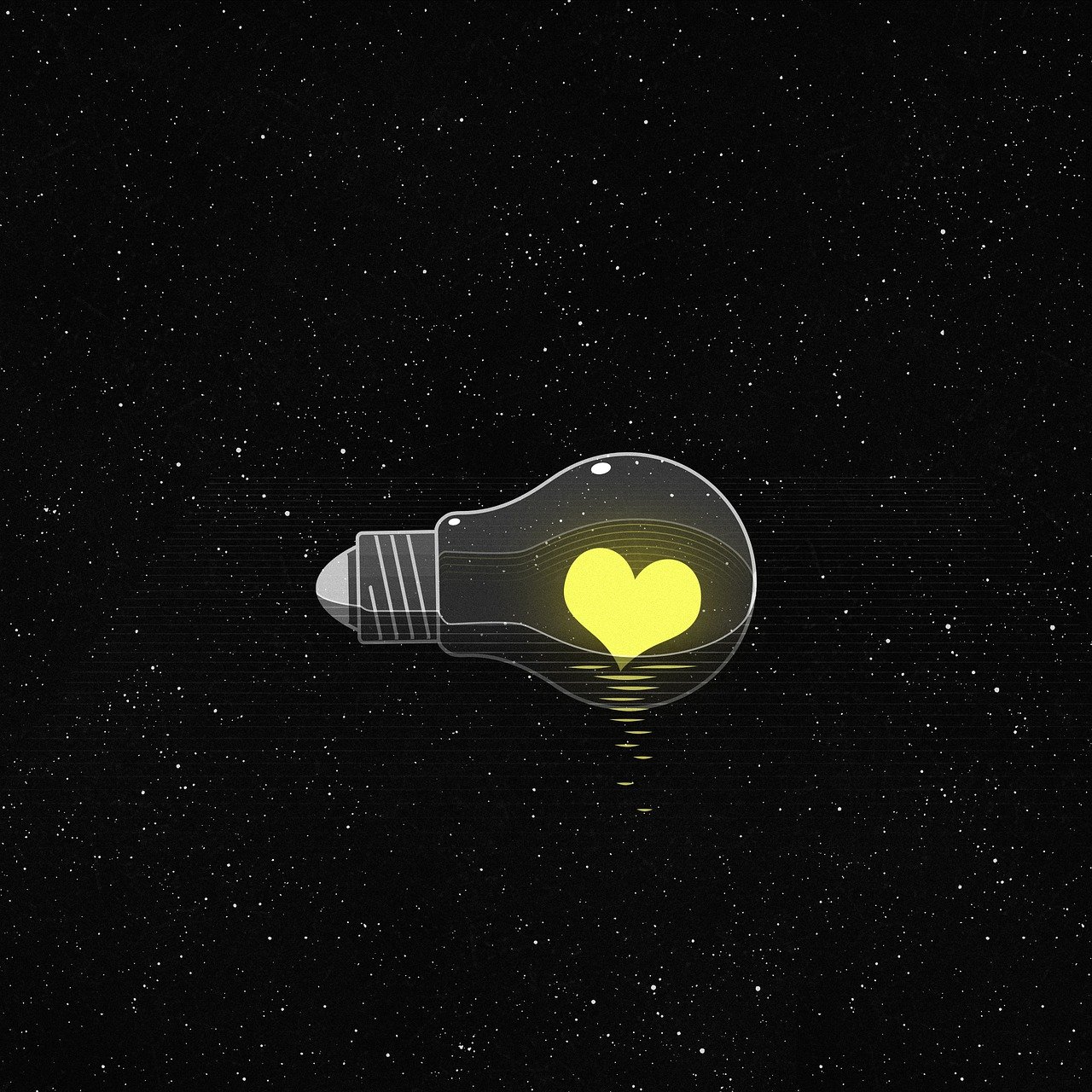
Leave a Reply